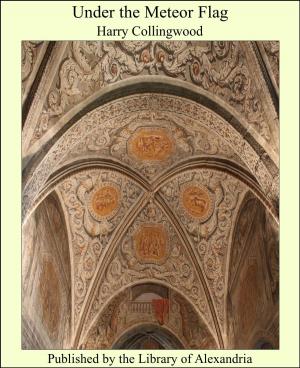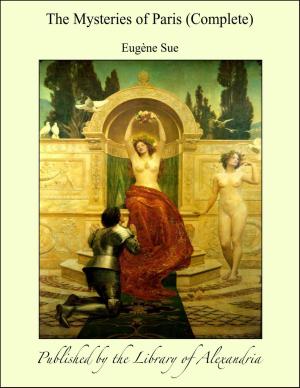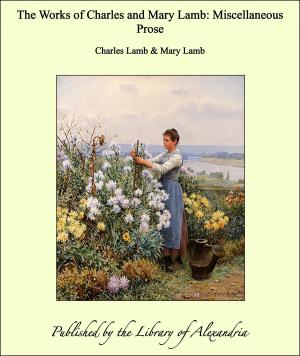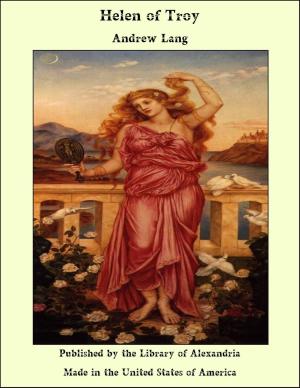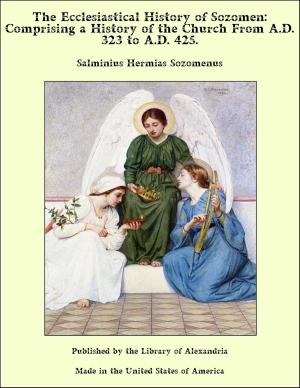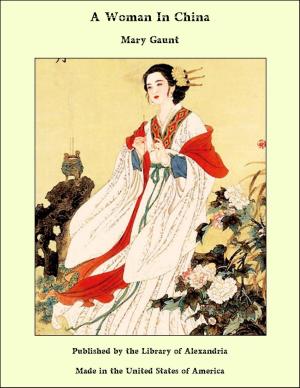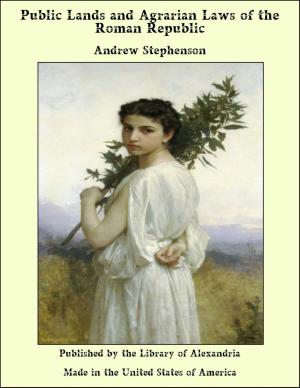| Author: | Ivan Sergeevich Turgenev | ISBN: | 9781465600097 |
| Publisher: | Library of Alexandria | Publication: | March 8, 2015 |
| Imprint: | Language: | English |
| Author: | Ivan Sergeevich Turgenev |
| ISBN: | 9781465600097 |
| Publisher: | Library of Alexandria |
| Publication: | March 8, 2015 |
| Imprint: | |
| Language: | English |
READER, do you know those little homesteads of country gentlefolks, which were plentiful in our Great Russian Oukraïne twenty-five or thirty years ago? Now one rarely comes across them, and in another ten years the last of them will, I suppose, have disappeared for ever. The running pond overgrown with reeds and rushes, the favourite haunt of fussy ducks, among whom one may now and then come across a wary “teal”; beyond the pond a garden with avenues of lime-trees, the chief beauty and glory of our black-earth plains, with smothered rows of “Spanish” strawberries, with dense thickets of gooseberries, currants, and raspberries, in the midst of which, in the languid hour of the stagnant noonday heat, one would be sure to catch glimpses of a serf-girl’s striped kerchief, and to hear the shrill ring of her voice. Close by would be a summer-house standing on four legs, a conservatory, a neglected kitchen garden, with flocks of sparrows hung on stakes, and a cat curled up on the tumble-down well; a little further, leafy apple-trees in the high grass, which is green below and grey above, straggling cherry-trees, pear-trees, on which there is never any fruit; then flower-beds, poppies, peonies, pansies, milkwort, “maids in green,” bushes of Tartar honeysuckle, wild jasmine, lilac and acacia, with the continual hum of bees and wasps among their thick, fragrant, sticky branches. At last comes the manor-house, a one-storied building on a brick foundation, with greenish window-panes in narrow frames, a sloping, once painted roof, a little balcony from which the vases of the balustrade are always jutting out, a crooked gable, and a husky old dog in the recess under the steps at the door.
READER, do you know those little homesteads of country gentlefolks, which were plentiful in our Great Russian Oukraïne twenty-five or thirty years ago? Now one rarely comes across them, and in another ten years the last of them will, I suppose, have disappeared for ever. The running pond overgrown with reeds and rushes, the favourite haunt of fussy ducks, among whom one may now and then come across a wary “teal”; beyond the pond a garden with avenues of lime-trees, the chief beauty and glory of our black-earth plains, with smothered rows of “Spanish” strawberries, with dense thickets of gooseberries, currants, and raspberries, in the midst of which, in the languid hour of the stagnant noonday heat, one would be sure to catch glimpses of a serf-girl’s striped kerchief, and to hear the shrill ring of her voice. Close by would be a summer-house standing on four legs, a conservatory, a neglected kitchen garden, with flocks of sparrows hung on stakes, and a cat curled up on the tumble-down well; a little further, leafy apple-trees in the high grass, which is green below and grey above, straggling cherry-trees, pear-trees, on which there is never any fruit; then flower-beds, poppies, peonies, pansies, milkwort, “maids in green,” bushes of Tartar honeysuckle, wild jasmine, lilac and acacia, with the continual hum of bees and wasps among their thick, fragrant, sticky branches. At last comes the manor-house, a one-storied building on a brick foundation, with greenish window-panes in narrow frames, a sloping, once painted roof, a little balcony from which the vases of the balustrade are always jutting out, a crooked gable, and a husky old dog in the recess under the steps at the door.


